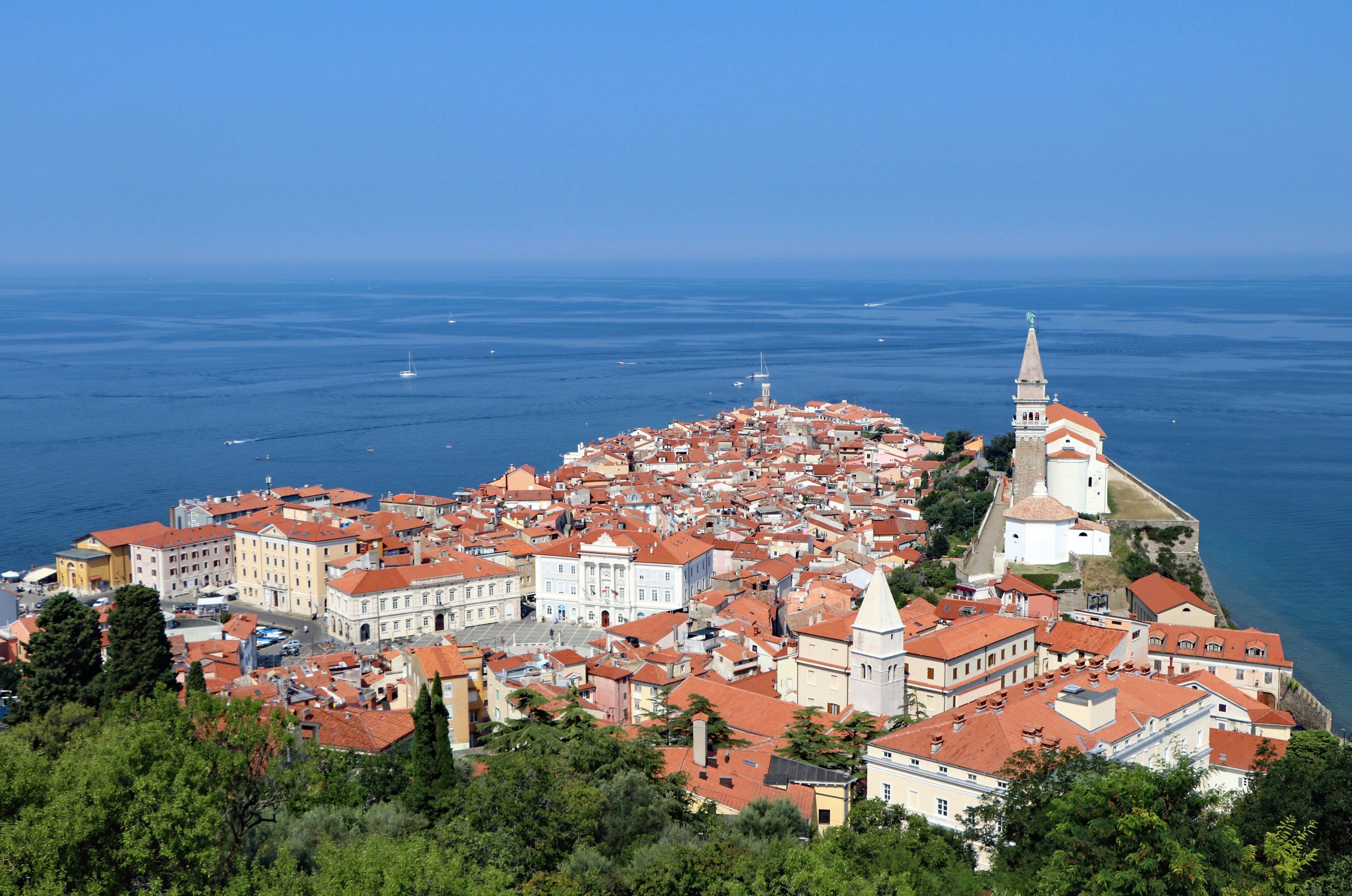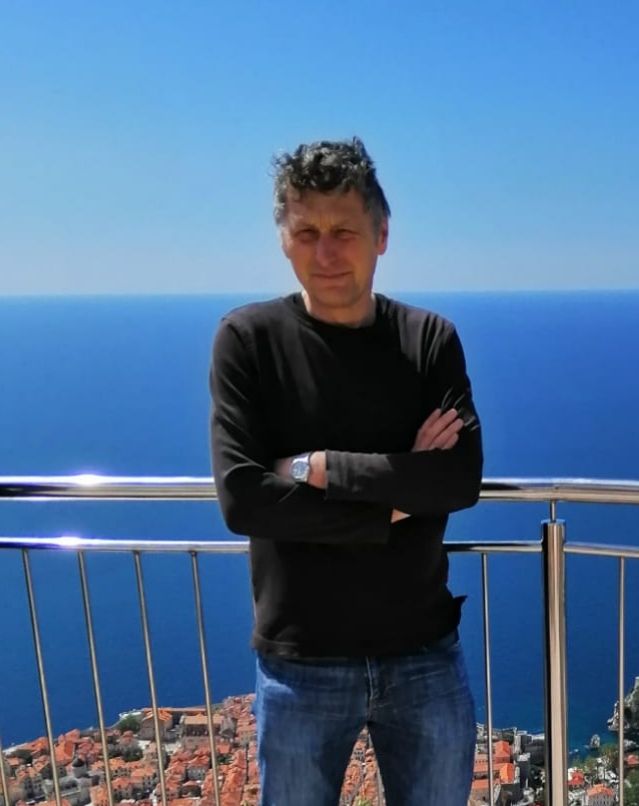
Wolfgang Zander
vakantio.de/eine-reise-mit-dem-zug-durch-bulgarien
SLOVENIA (1/10) - By train to Ljubljana
Publicados: 12.03.2021
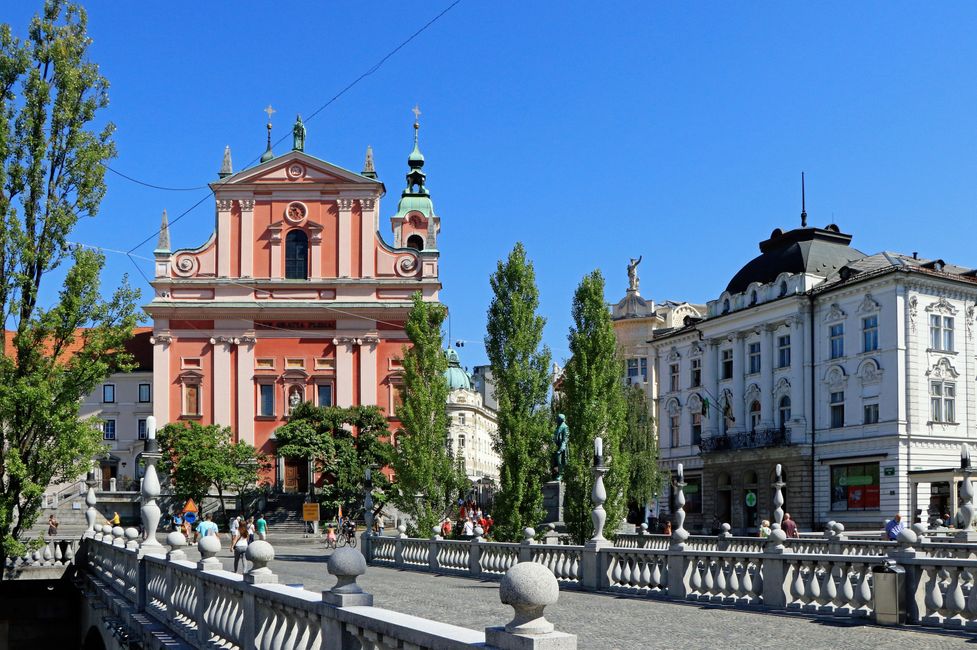
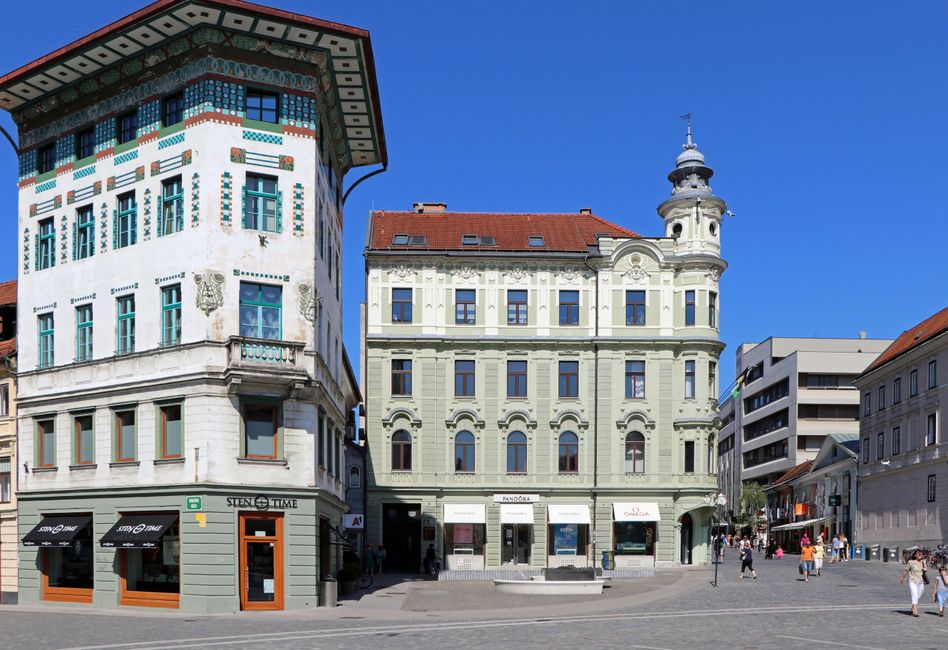
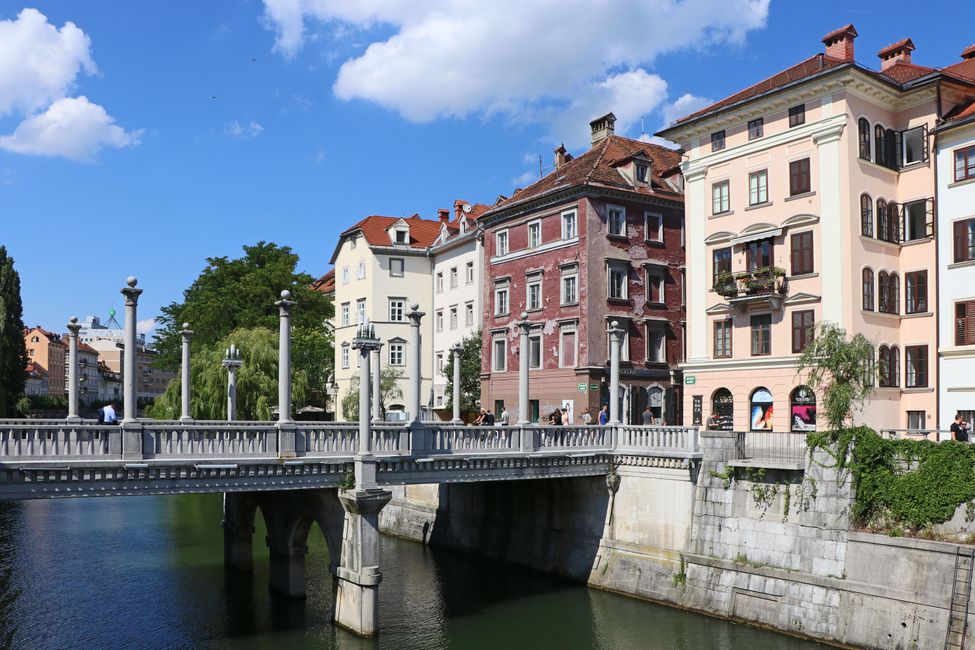
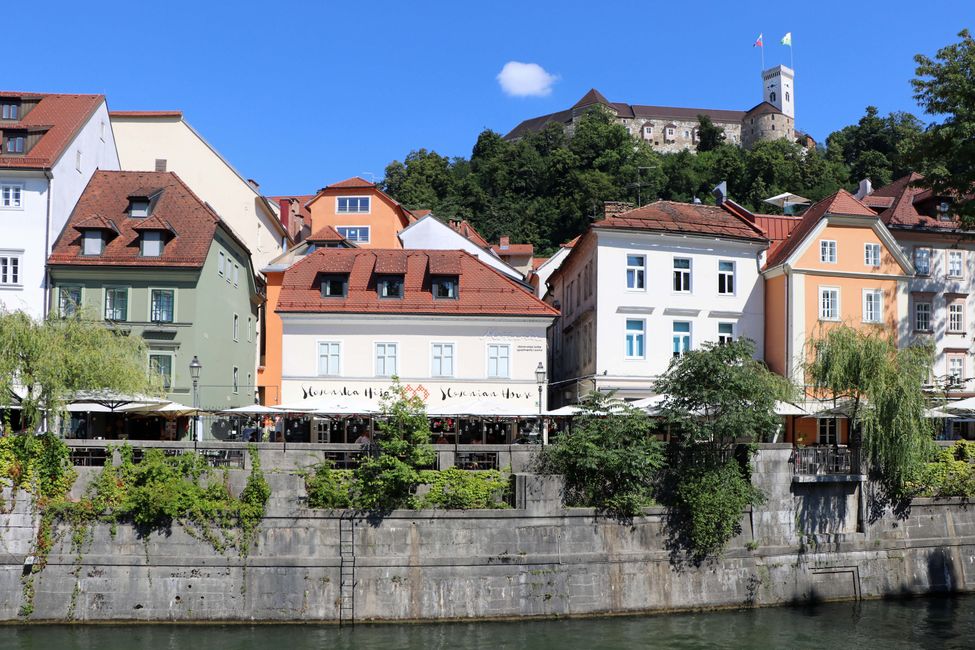
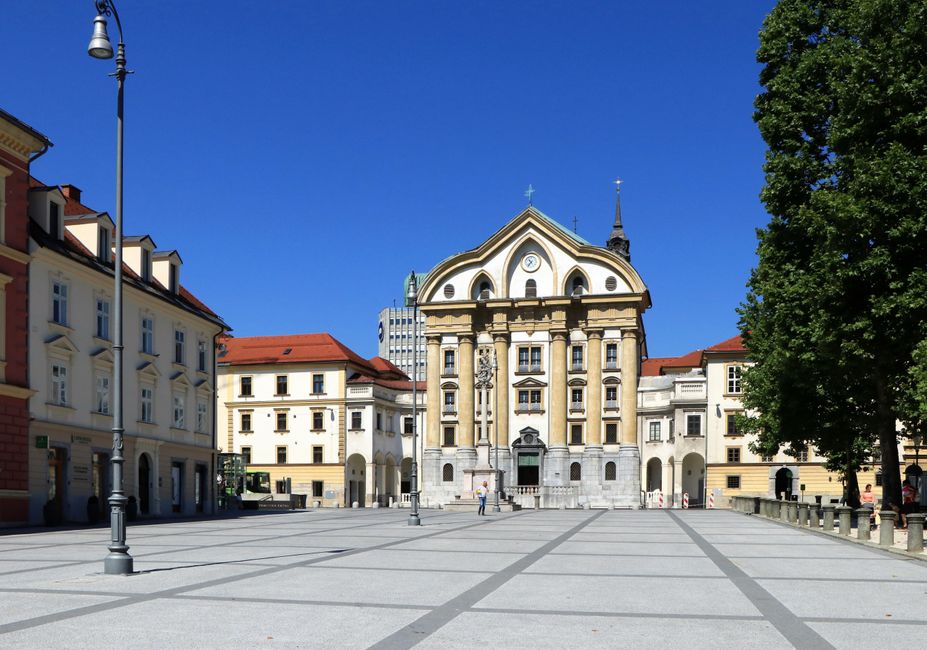
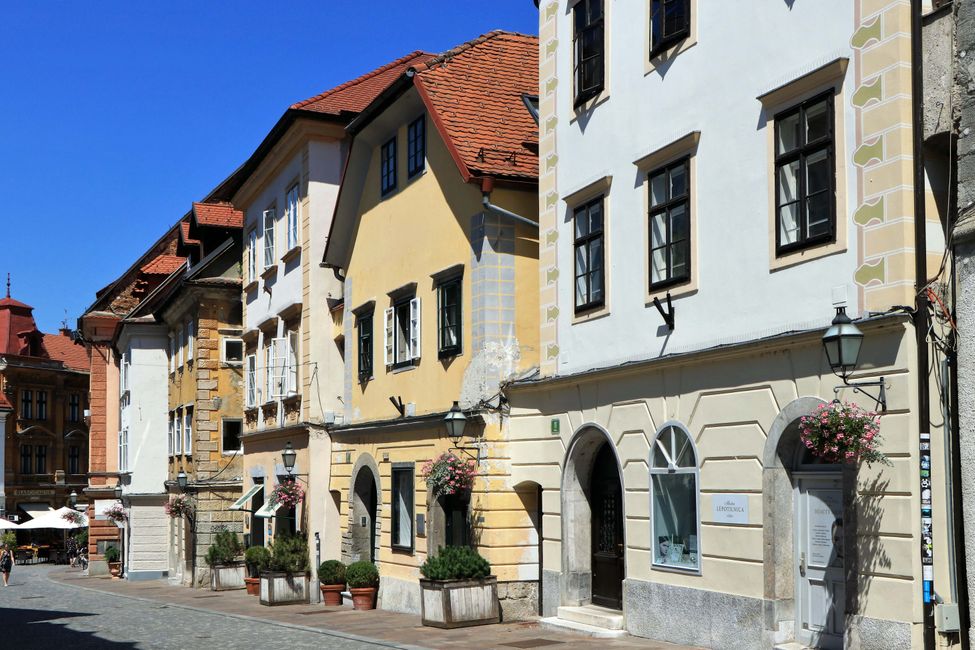
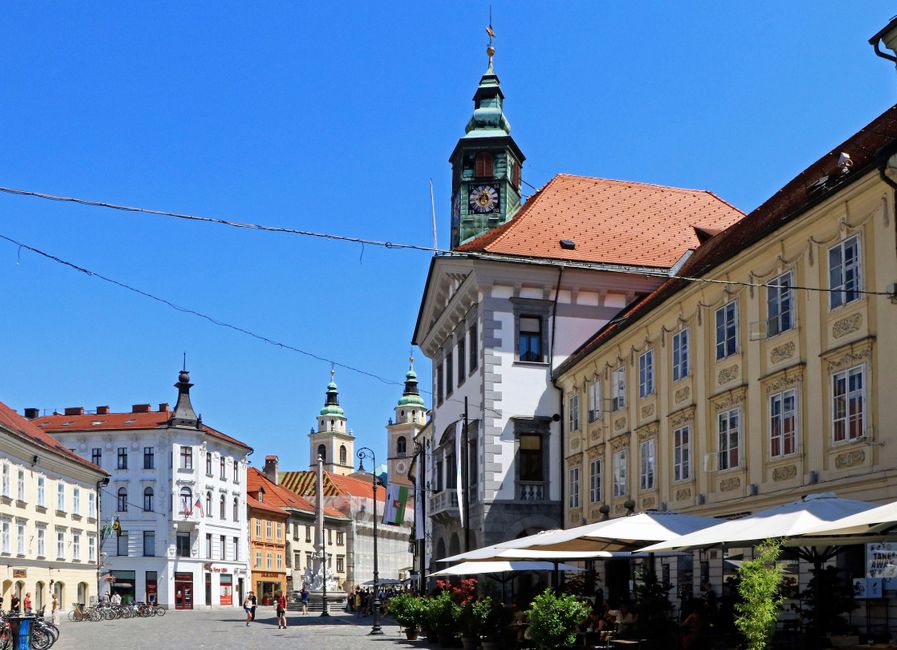
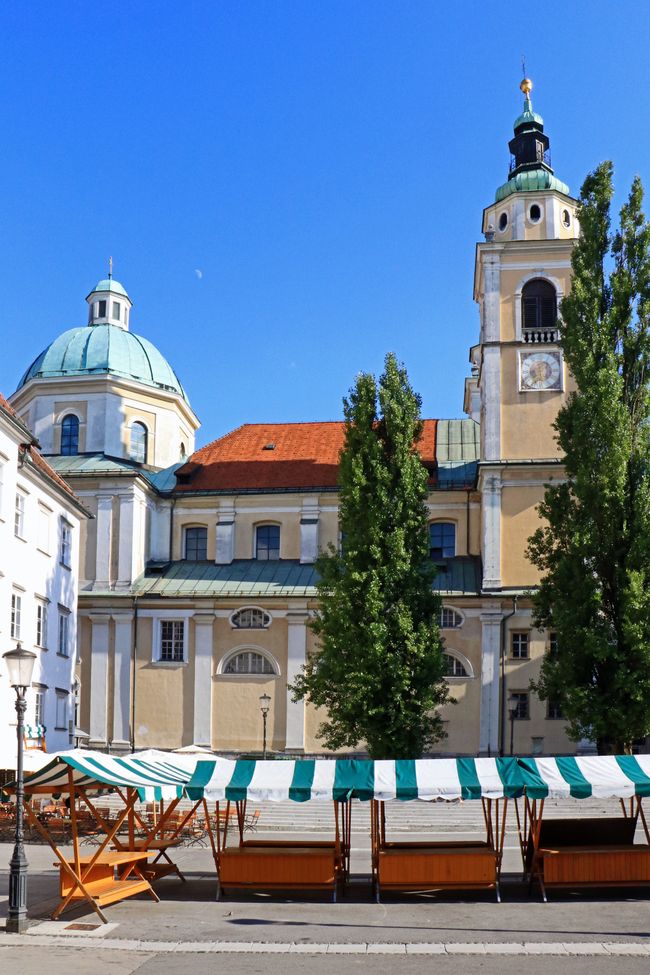
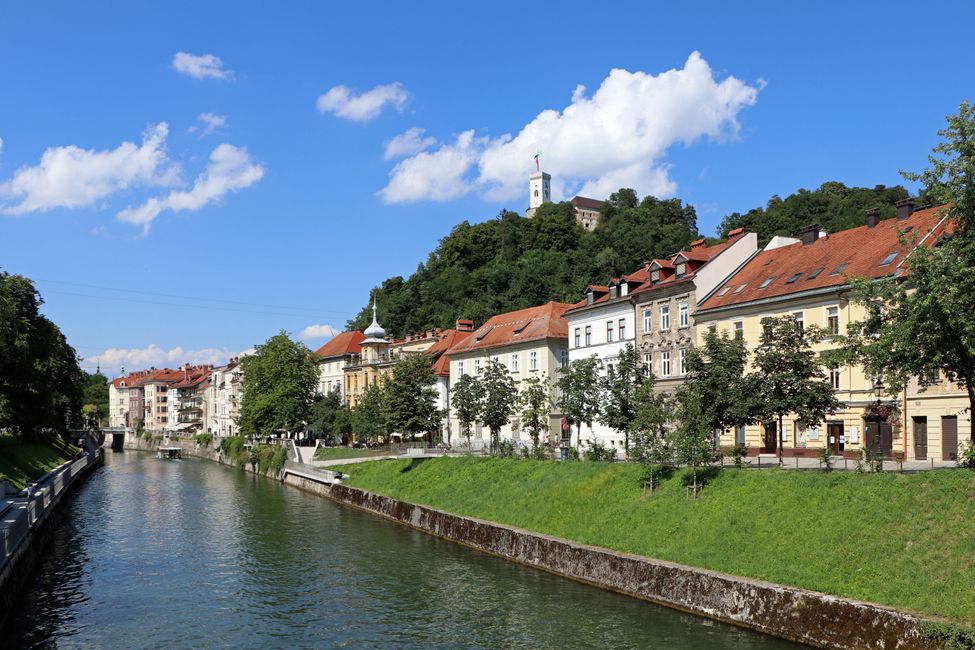
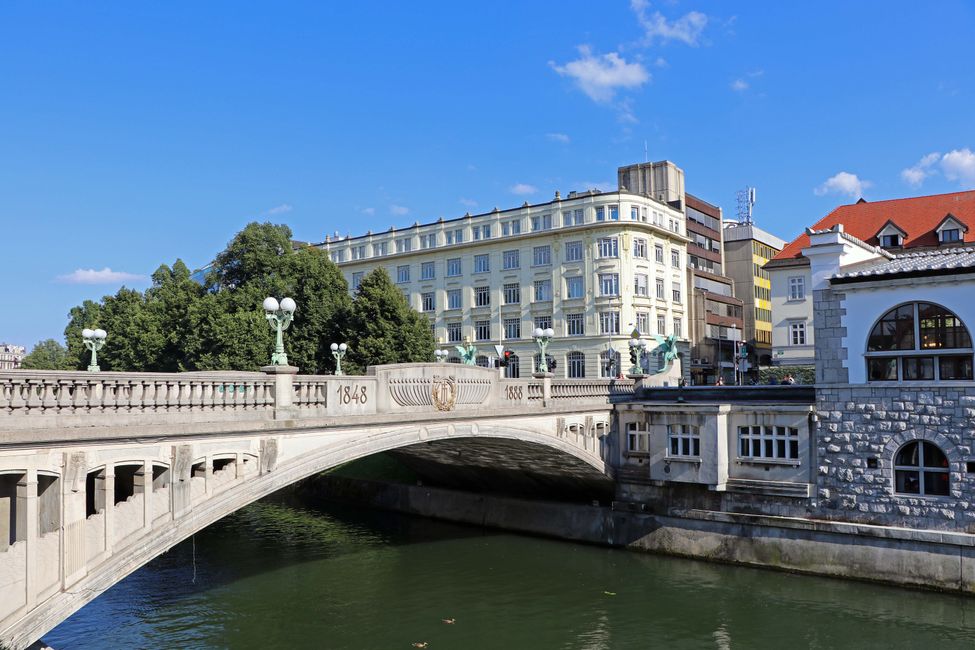
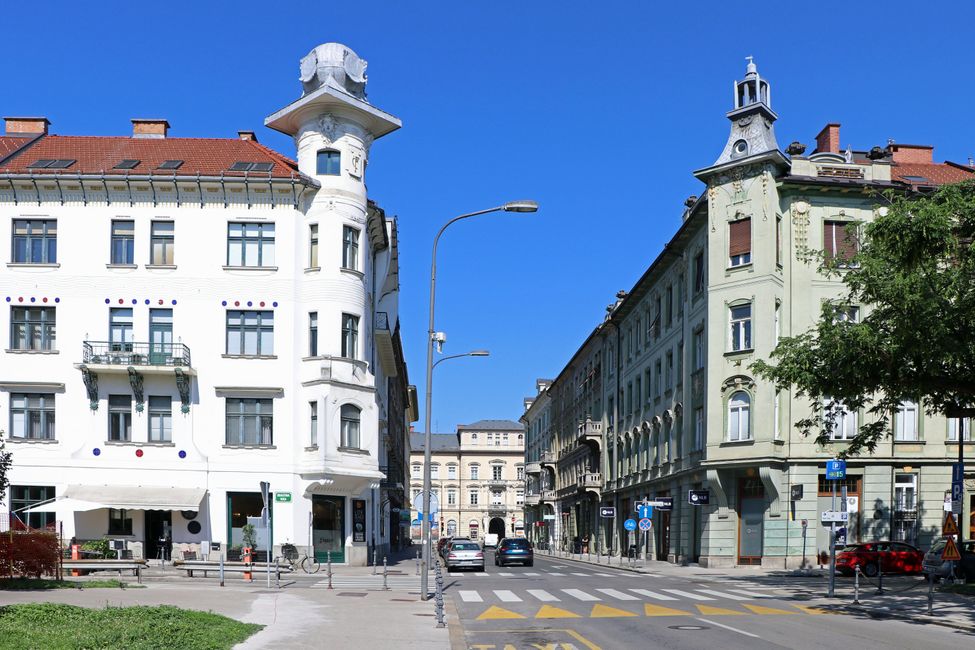
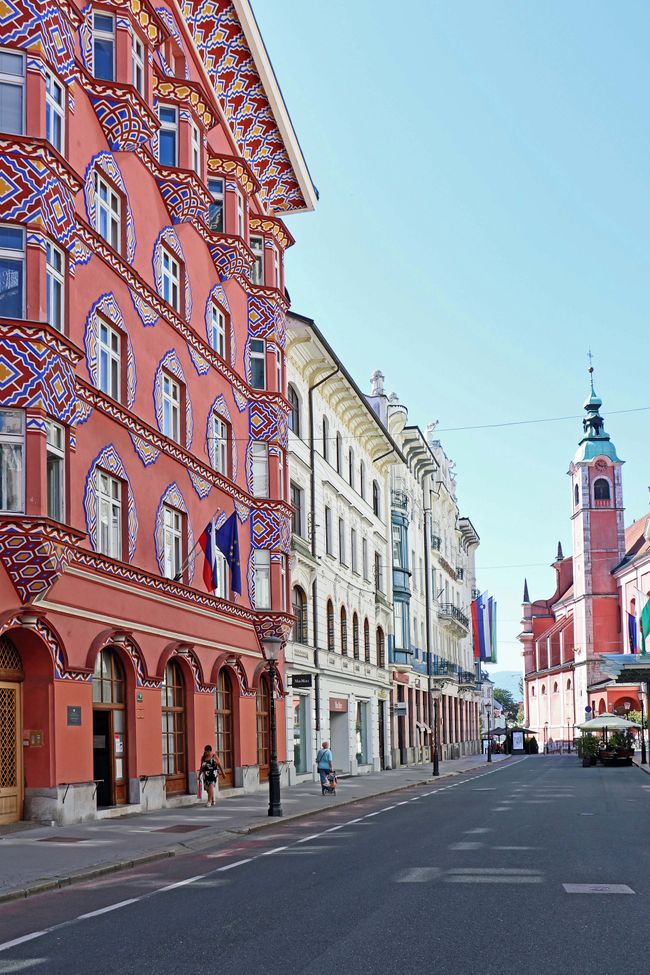
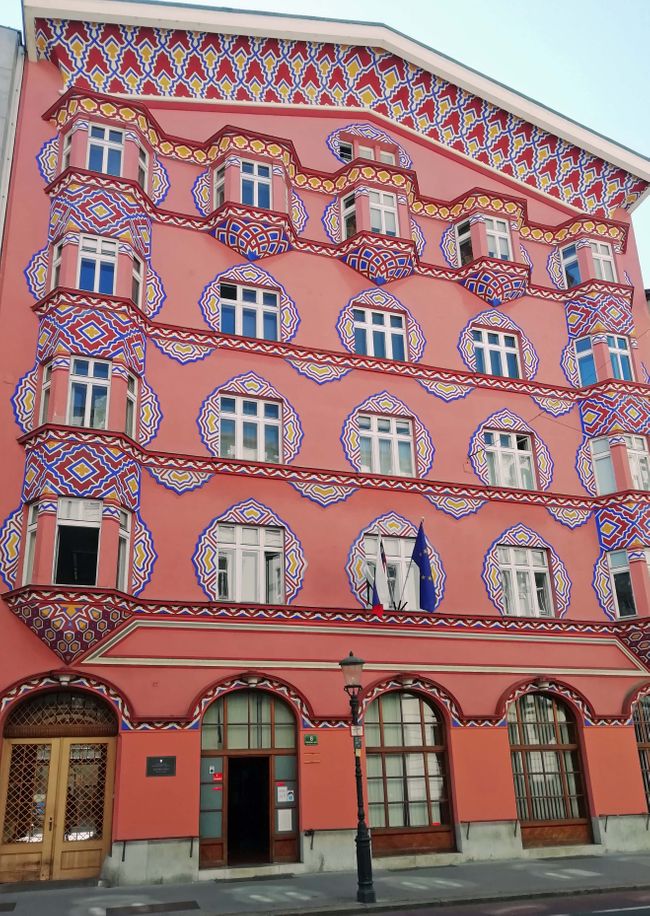
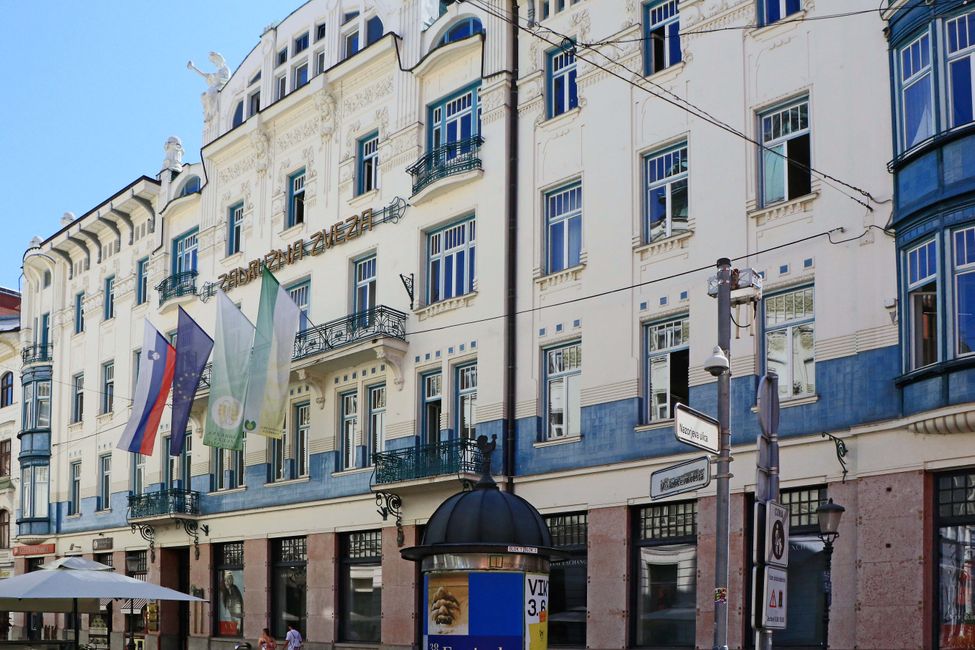
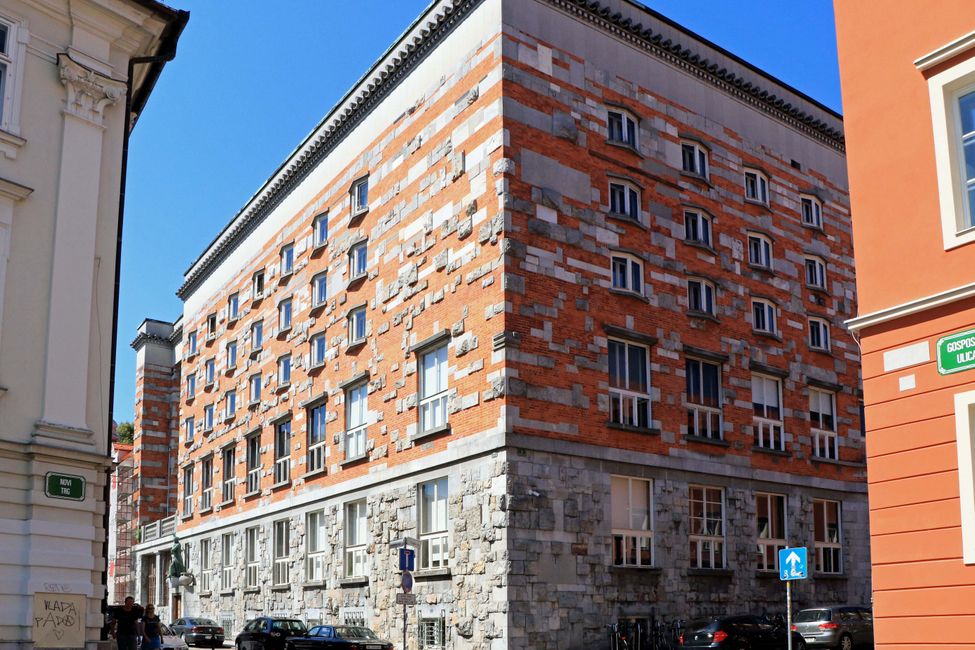
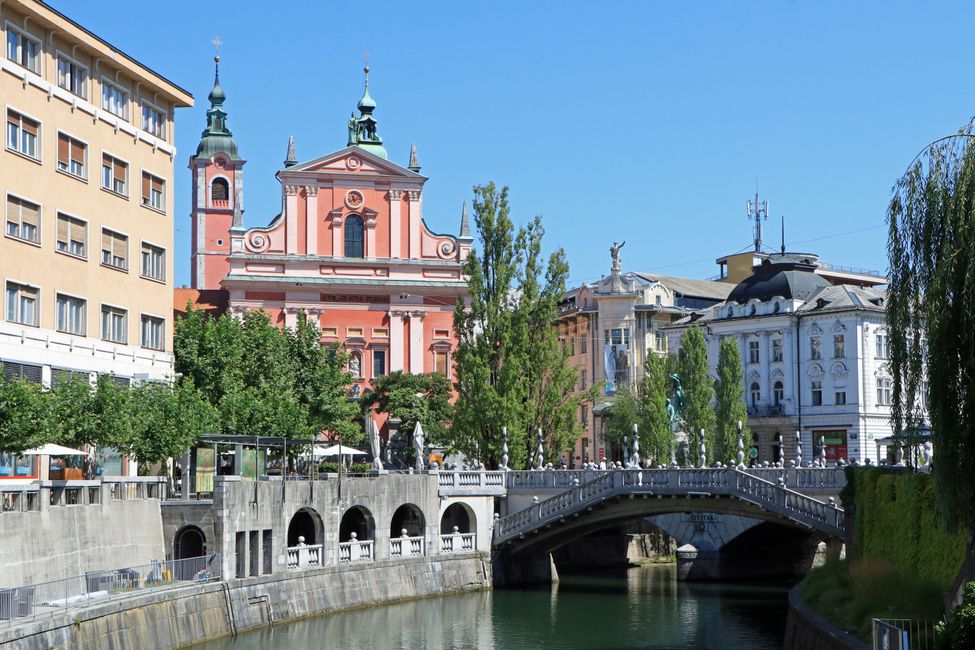
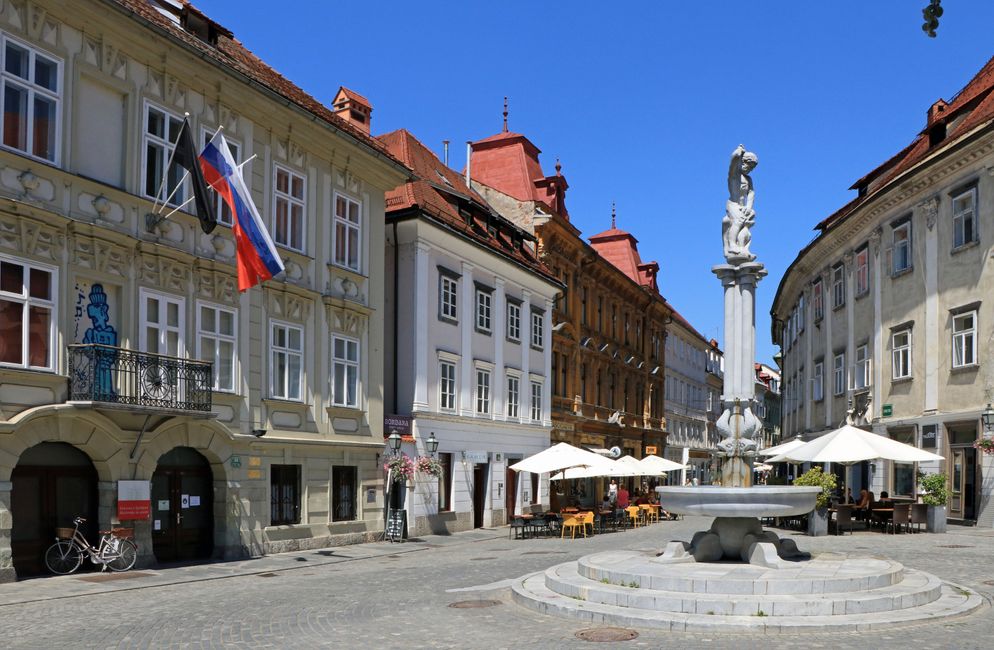
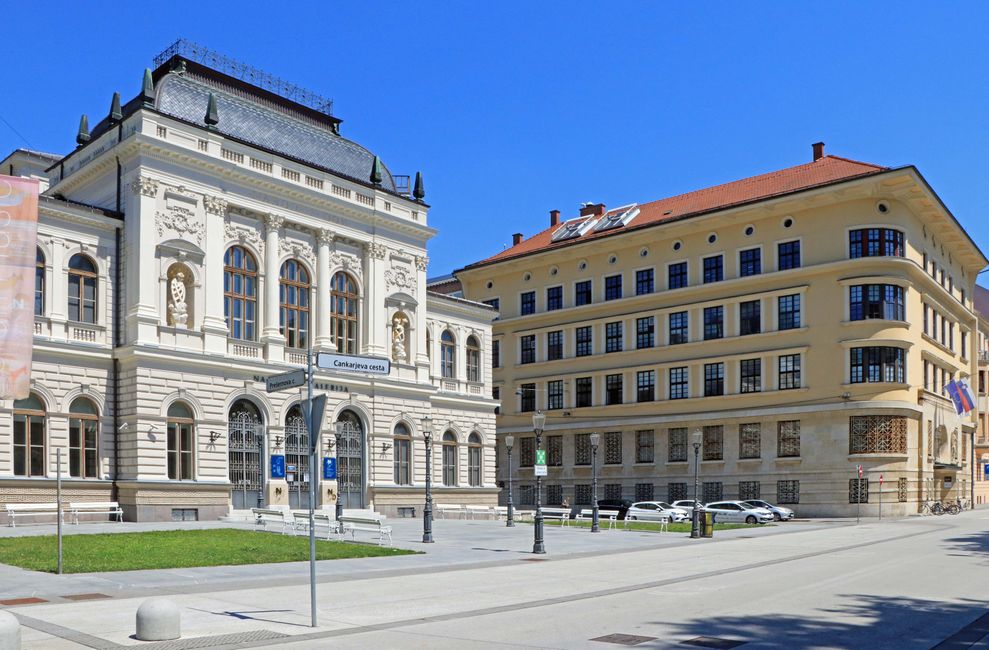
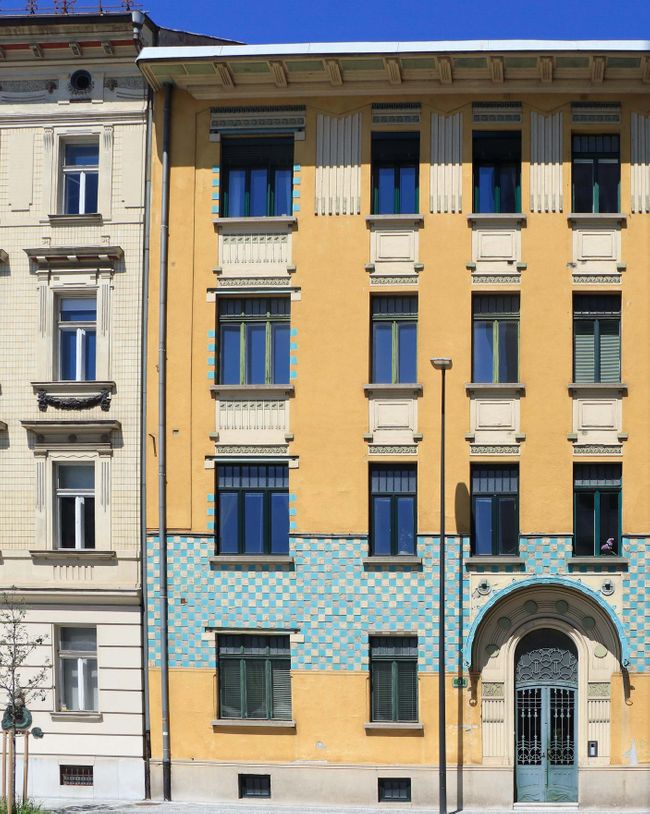
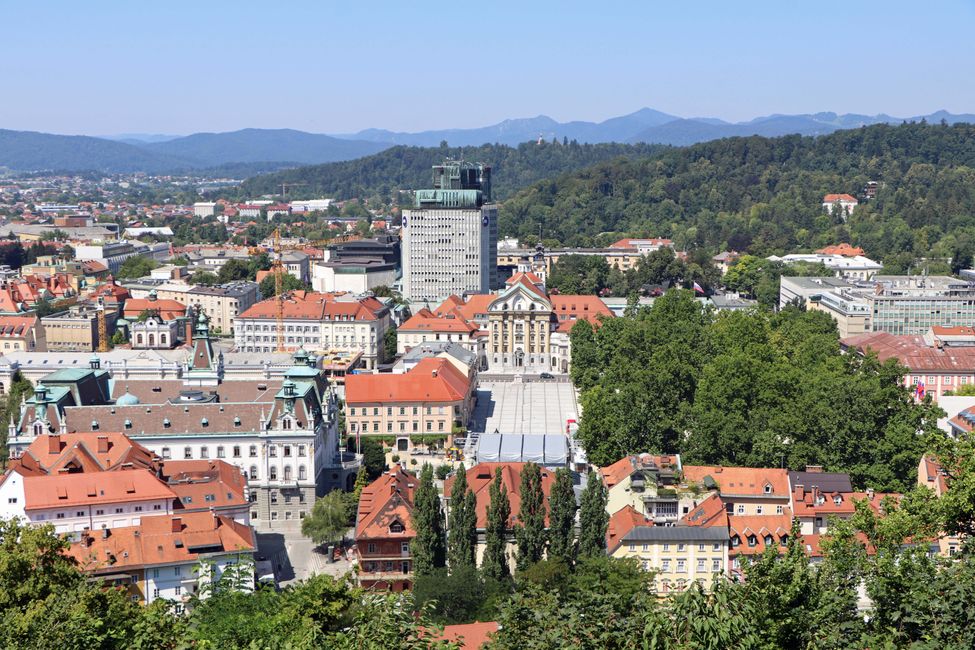
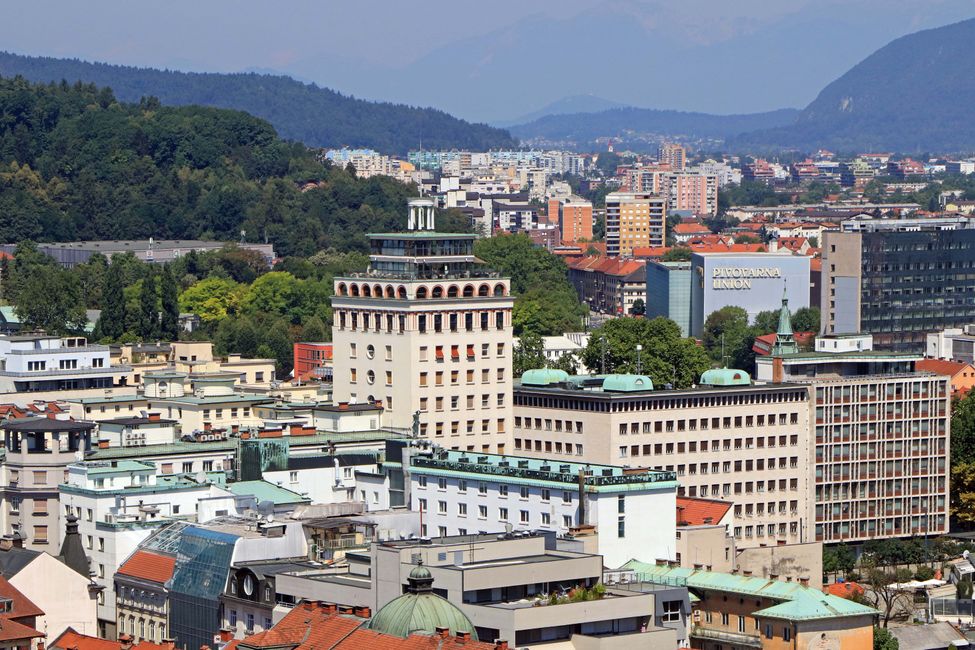
Assine o boletim informativo
It was July 27, 2020, when I set off on one of my most beautiful and best trips to Slovenia by train. In this pleasantly accessible and beautifully observable country, which is very densely compressed on a small area, you can find a variety of landscape forms and geocultural appearances that vary significantly. Starting from high alpine mountain regions, the landscape forms range from wide and gradually narrowing river valleys to barren karst landscapes, the Mediterranean coast and forested mountain areas in the central part of the country, which then eventually transition into the Pannonian lowland to the east. The diverse geocultural appearances are due to the respective political and cultural-historical influences throughout the centuries.
On Monday, July 27, I departed from Vienna Main Station at 7:58 am on the EC 151 train bound for Ljubljana. Ljubljana, like all other Slovenian places mentioned in the following sequence of images, is referred to by its common name here. Ljubljana, because the often tragically concluded history of Central Europe in the 20th century cannot be undone, and I see no reason to try to revise history as it happened.
During the journey, what fascinated me was the longer stop of my train at the Austrian-Slovenian border station Spielfeld-Straß. As a railway enthusiast, I found it exciting because this border station allows you to observe the change of traction from the Austrian alternating current system to the Slovenian direct current system: The train enters the direct current area of the station with the Austrian locomotive detached, while the provided Slovenian locomotive uncouples the locomotive from Austria from the train once it has stopped at the station, and then pushes it back into the alternating current area of the station to be placed at the front of the train.
One of the main motivations for finally embarking on this journey was the long-standing desire in my enthusiastic railway heart to travel on the historic Austro-Hungarian Southern Railway leading from Vienna via the Semmering Pass to Graz and further over the former Maribor, through Ljubljana and the Slovenian Karst to Trieste on the Adriatic Sea, as far as this is still possible today.
Accordingly, the onward journey became very exciting after we had left the Austrian border station and Austrian territory. With incredible curiosity, I looked at the landscape passing by and thought fascinatedly: Slovenia... This is what Slovenia looks like. Slovenia, which has been a "terra incognita" to me until now. A country not far from my home region, which for inexplicable reasons I have long regarded with internal distance in my symbolic imagination. Like an unapproachable female figure that, aside from idealized romanticism and illusory wishful thinking, cannot be grasped in a legendary way, shrouded in mystery, and not even approached in reality, let alone in imagination.
At 2:04 pm, my train, the EC 151, finally reached the Slovenian capital. The formerly seemingly unattainable female figure, which had appeared so distant to the contemplating traveler for a long time, presented itself very charmingly here in the form of Ljubljana. A first walk through the city took place in the same afternoon. However, it was only after spending about 20 minutes in my hotel room to mentally arrive and then having an obligatory espresso in a café on the Ljubljanica River, along with the traditional Slovenian Gibanica cake...
Assine o boletim informativo
Responder
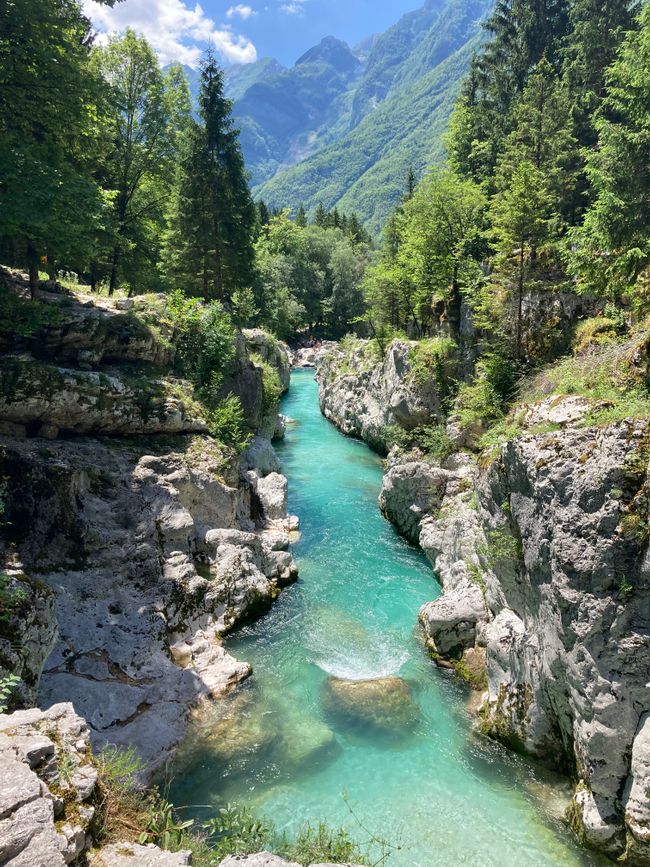
Relatórios de viagem Eslovênia
